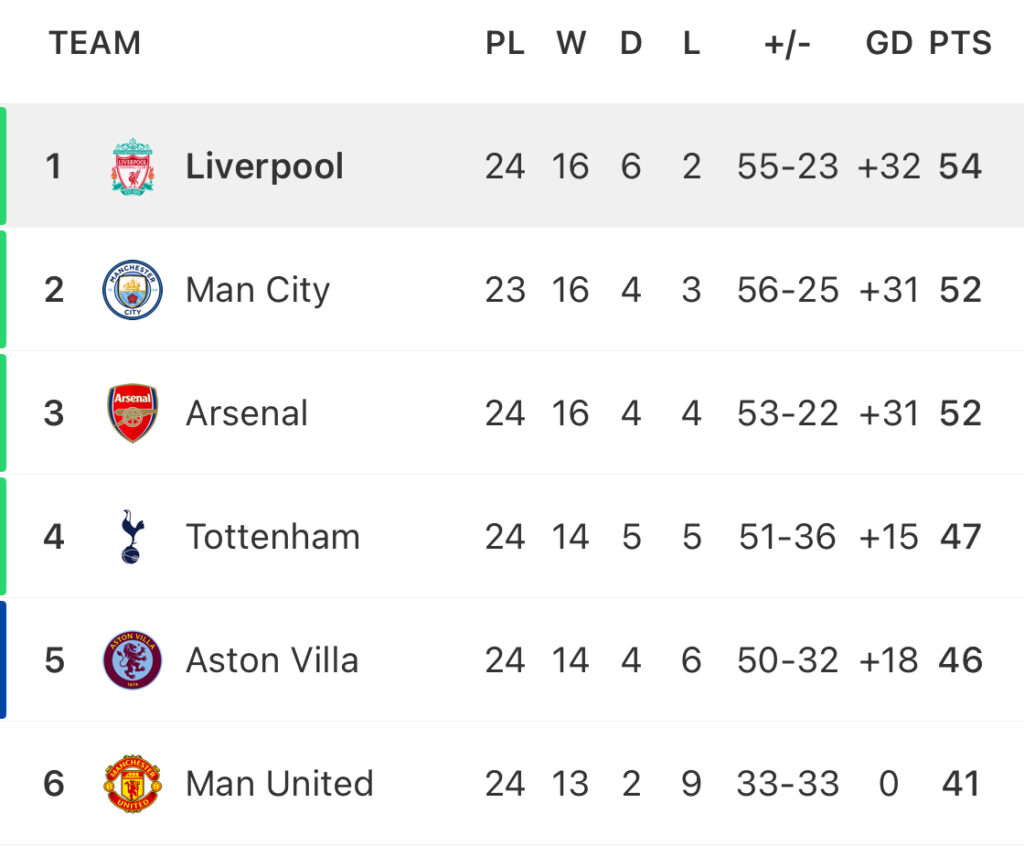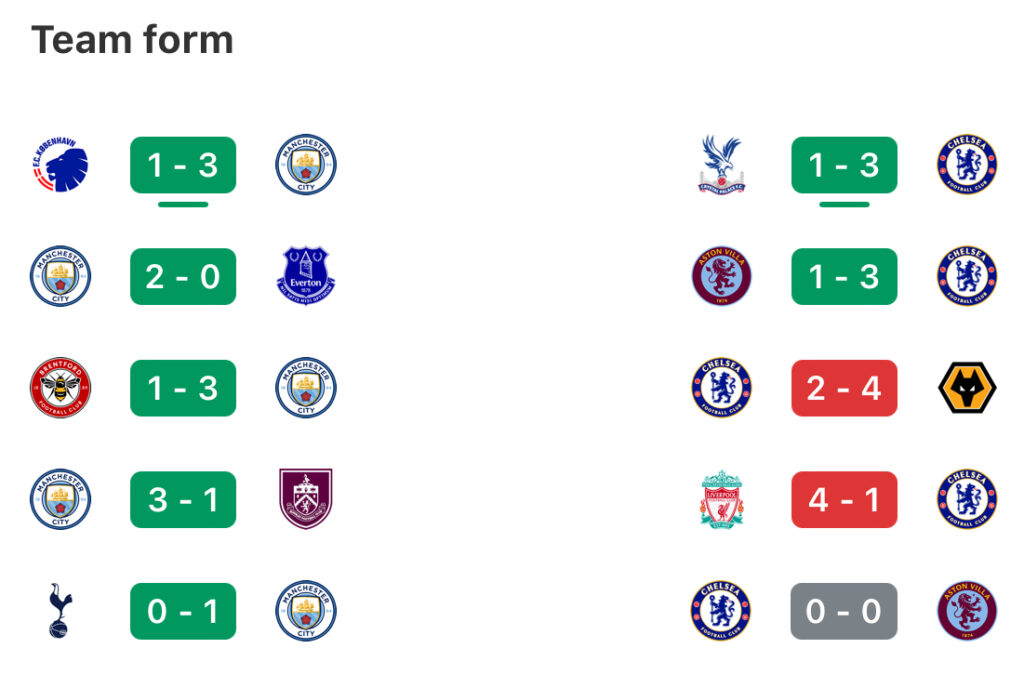The table is looking tight. Liverpool head into Matchday 25 sitting at the top of the pile in the Premier League. However, there are no guarantees that they will still lead the way on Saturday evening. Here’s your preview.
By Sam McGuire, Premier League expert
A first for Liverpool?
Believe it or not, Jürgen Klopp’s Liverpool side are winless at the Gtech Community Stadium. The Reds picked up a 3-3 draw in their first outing there and then lost 3-1 to Brentford last season. A win on Saturday afternoon ensures they remain in first place in the Premier League. A draw or a loss could see them finish the weekend in third. The margins are fine.

The Reds should be confident heading into this game. They have the third-best away record in the English top-flight this term having taken 22 points from 12 matches.
Ivan Toney’s return to the team has seen an upturn in form. The Bees were on a five-game losing streak but have now won two of their last four since the No. 17 was brought back into the team. He’s netted three goals in these four appearances. He always seems to cause Liverpool problems and he’ll be up for this game against the team he supported growing up.
Momentum matters for Arsenal
Arsenal have bounced back after a rough spell towards the end of December. The Gunners have won four on the spin in the Premier League, scoring 16 goals, and are now right back in the title race.
Mikel Arteta’s men have the second-best away record in the Premier League this term with 23 points from 12 games. They also have the most clean sheets in the English top tier. Everything appears to be clicking for them at the right time.
They travel to Turf Moor on Saturday to face an out of form Burnley. Vincent Kompany’s side are without a win or a clean sheet in seven games. Interestingly, though, the Clarets have caused some problems for Manchester City and Liverpool in recent outings. They lost both but racked up an Expected Goals haul of 1.44 against the reigning champions and 1.33 against the league leaders. They can be a threat. And Arsenal will need to be wary of this on Saturday.
Manchester City march on
Manchester City have found their groove. It was inevitable. It wasn’t a case of if it happens but when. Pep Guardiola’s side top the form table having taken 15 points from 15. They are unbeaten at home this term with eight wins and three draws from their 11 outings at the Etihad. They’ve found the back of the net 29 times in these games while conceding just 10 goals.
They host an inconsistent Chelsea side on Saturday evening. Depending on how results go elsewhere, City could end the day as the Premier League leaders.
City, perhaps not surprisingly, have an impressive record against Chelsea. They are unbeaten in seven against the Blues.
Mauricio Pochettino’s men have been patchy this term but they are sixth in the form table with nine points from their past five Premier League matches. They have also been awarded the most penalties this season. The Blues do have the quality to cause an upset on Saturday evening. Do they have the confidence though?

A Red Devils revival
Manchester United have been up to their old tricks in recent weeks and winning games in the final moments of matches. Erik ten Hag and his team travel to Luton on Sunday looking to make it four wins on the spin in the Premier League. It would keep their dreams of a top-four finish alive too.
United are fifth in the form table having taken 10 points from a possible 15. They also rank fifth when looking at away games this season with 19 points from 12 games. The Red Devils are currently on a four-match unbeaten run away from Old Trafford.
Luton had been on a good run, scoring four goals in back-to-back matches against Brighton and Newcastle United. Rob Edwards’ side had managed to climb out of the relegation zone and a home game against bottom-of-the-table Sheffield United last weekend presented them with an opportunity to increase the separation between themselves and those in the bottom three. A shock defeat, however, has made life difficult for the Hatters.
Their home form isn’t great either – they rank 18th for points won in front of home fans this season. A loss here could see them finish the weekend back in the relegation zone.
The Eagles in a sticky situation
The final game of the weekend sees Everton host Crystal Palace on Monday evening.
A win for the Toffees could see them escape the drop zone. The Toffees are winless in seven and their last win in the Premier League was two months ago. Sean Dyche’s men are averaging just one point per game at home this season and are one of the lowest-scoring teams in the English top flight, averaging just 1.1 goals per 90. They are, however, unbeaten against Palace in their last six outings.
And Roy Hodgson’s side head to Goodison Park in terrible form. Palace haven’t kept a clean sheet in five matches and are currently winless in seven away games. The Eagles are averaging one point per game away from home, and they’ll come in to game under a cloud following reports that they were set to sack Hodgson during the week, until the veteran coach was taken ill at Thursday’s training session.
If there’s a winner in this game, it could be monumental for their season.
(Cover image from IMAGO)
You can follow every match from the Premier League live with FotMob — featuring deep stats coverage and player ratings. Download the free app here.
